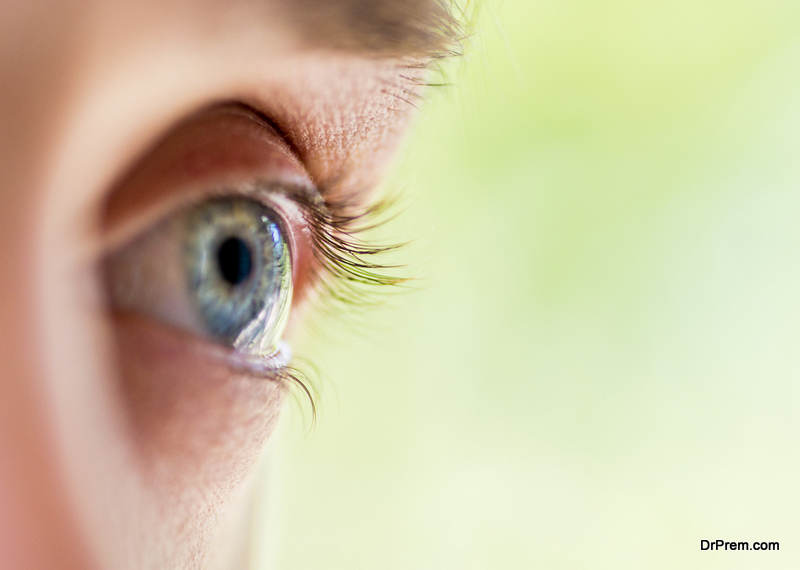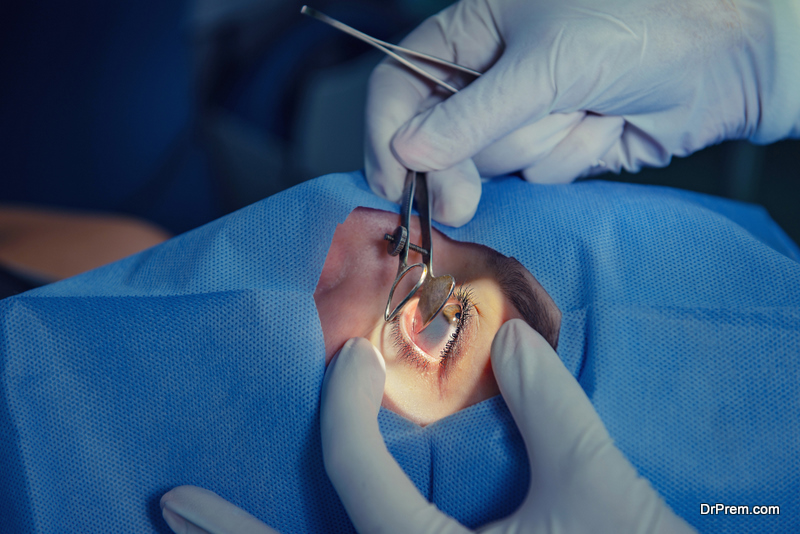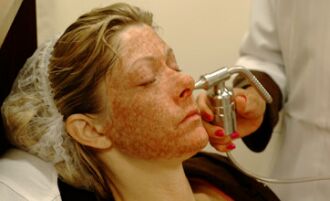If you follow post-op instructions you get from your surgeon, recovery from cataract surgery should be uneventful and short.
An uncomplicated procedure shouldn’t take longer than 10 minutes. After the procedure, you will then be in a recovery area until you aren’t as groggy from any anesthesia or sedation. This will only take about an hour or less. You will need to have someone else drive you home after surgery. During the trip home, you are given sunglasses to protect your eyes from glare and bright light. When you get home, you may still want to rest in bed for a few hours. Depending on what your surgeon says, you can then remove the protective shield that covers your eye within several hours. You will likely need to tape the shield over your eye while sleeping, during naps or at night, for protection while you recover.
How Long Does Recovery Take?
Once you take off the eye shield, your vision can be distorted, blurry, or cloudy and you shouldn’t be alarmed. During the adaptation period, many people report seeing distortions and wavy vision but this usually only lasts about an hour. Keep in mind that it will take some time for your vision to adjust to removing the cataract and adapting to the new lens. If your anesthesia injection was through the skin in the lower portion of your eye then you may find some bruising. This looks similar to a black eye and fades within a few days.
Many people will say they have clearer vision after a few hours. However, since each person does heal differently it can take up to a week before you start to see images in the sharpest focus possible. You will usually have a follow-up appointment with your surgeon the next day after the procedure to make sure that there aren’t any complications. Report any discomfort, even days after, to your surgeon.
Full recovery from cataract surgery takes about a month and this is when your eye is completely healed.
Tips to Improve Recovery

If your eye doctor prescribes an antibiotic eye drop to prevent infection or anti-inflammatory eye drops then you will need to apply these following directions, usually several times a day. If you have a lot of inflammation in your eye then you might need to use these drops for up to a month. Your surgeon can also prescribe oral pain relievers but you may not need them since you likely will only feel some slight discomfort.
After the procedure, you want to avoid bending over in order to prevent any extra pressure on your eye. If you can avoid it, don’t vomit or sneeze after surgery.
Be careful as you walk around after surgery so you don’t bump into any objects.
Reduce the risk of infection by avoiding a hot tub or swimming for the first week.
Article Submitted By Community Writer




